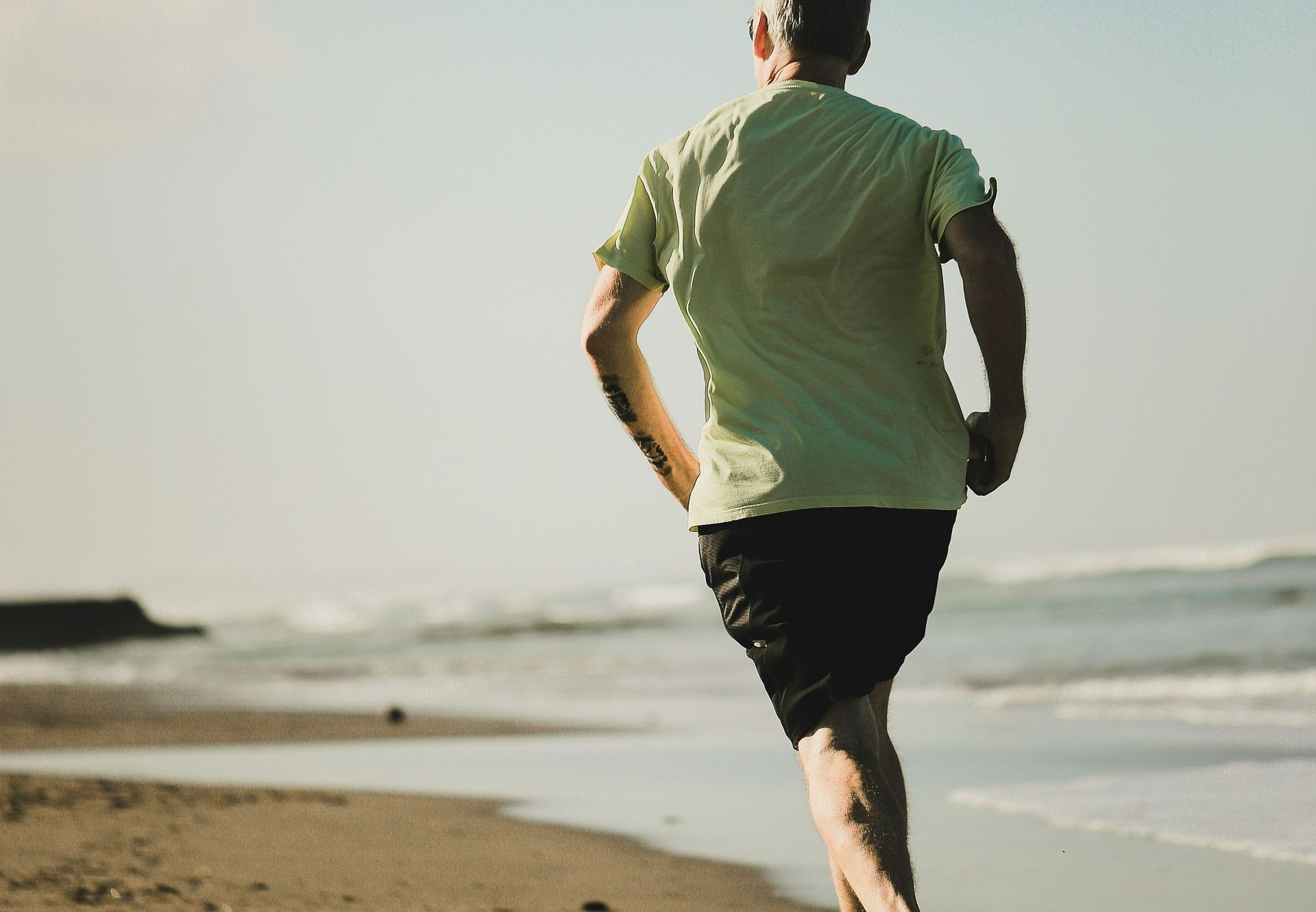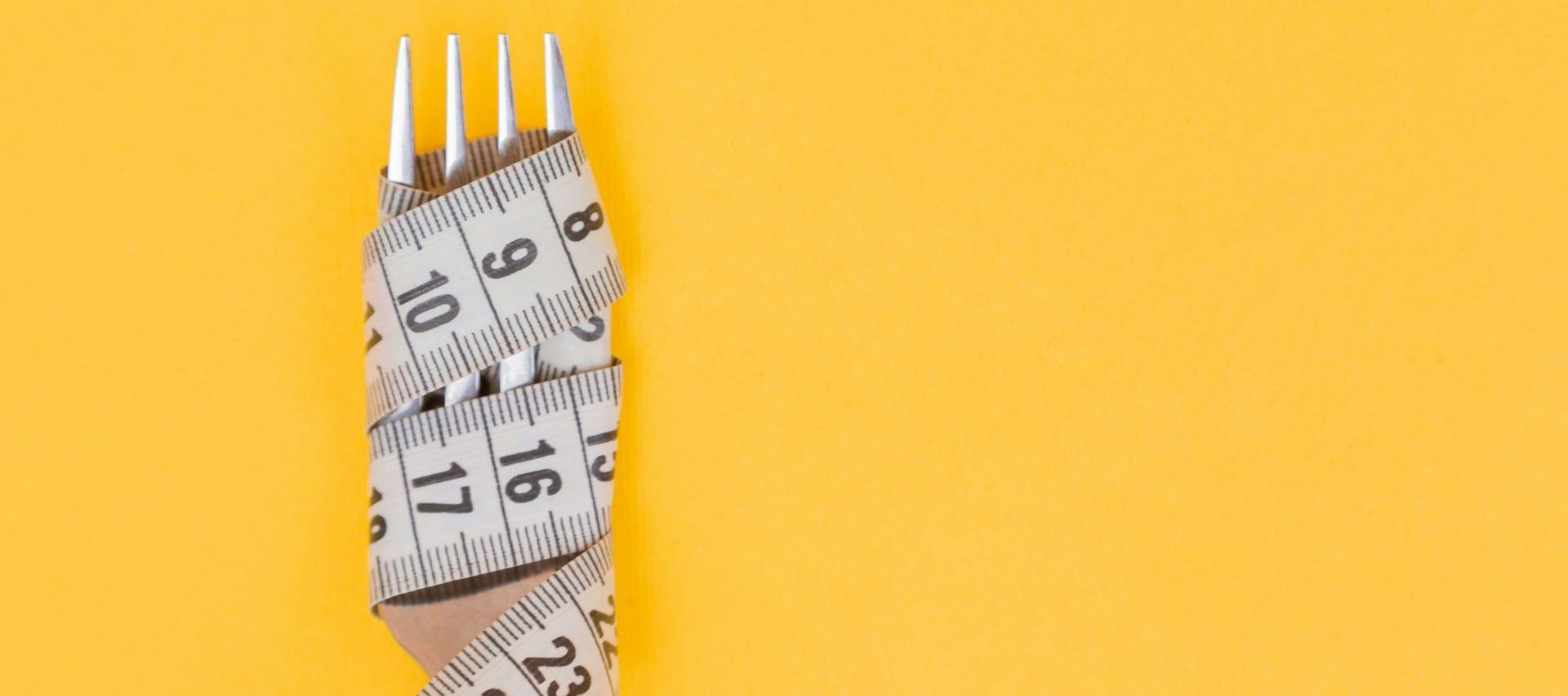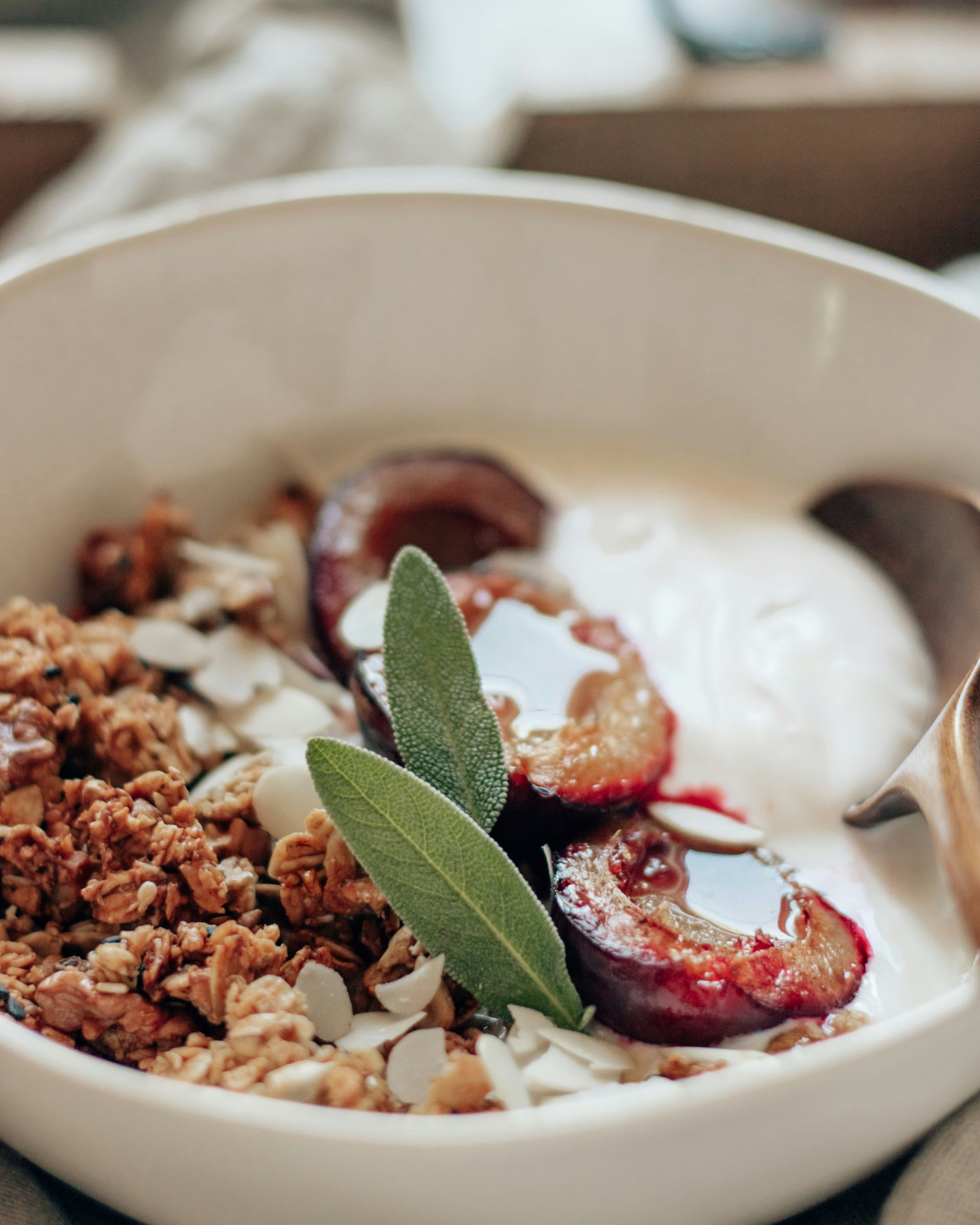
"Im doing classes everyday, why am I not losing weight?"
"Im hardly eating.."
Two common things I hear, and whilst it sounds unbelievable, sometimes exercise does not equal to weight loss. Here are three questions you should honestly ask yourself.
Are you really in a calorie deficit?
To lose weight, you need to create a calorie deficit consistently over time. Essentially, burn more calories than you’re consuming over a long enough period, and you will lose weight.
Exercise burns calories so it must automatically lead to weight loss, right? Not always!
Unless you are maintaining that all-important deficit in your energy balance. This is why tracking your meals in a food diary and monitoring your daily activity levels with step count can be useful tools to highlight any areas which might be holding you back.
Perhaps you are not a calorie-counting type of person. A caloric deficit will feel like you are starving yourself. This is where people fall into a trap and go on 30-hour fasts because they're not used to eating to a state of satiation, instead they eat to satisfaction, to the point where eating to satisfaction feels like its just enough. Eating to satiation is giving your body just enough nutrients and calories to go about your day, by today's standards its like starving yourself (do you get my drift?!).
Are you moving less outside the gym?
Non-exercise activity thermogenesis (NEAT) plays a significant role in weight loss—it's the energy expended in activities like walking, playing, or even fidgeting. Starting an exercise program can sometimes lead to a decrease in NEAT, which reduces energy expenditure and undermines your calorie deficit.
Maintaining a high NEAT by aiming for at least 10,000 steps daily can counteract this effect.

Are you eating more without knowing?
Many people overestimate calorie burn from exercise while underestimating daily calorie intake. It's common to think you can indulge more because you're exercising, but those extra calories may exceed what you've burned.
I have made my clients perform a few weightlifting exercises, planks and stretches and by the end of the session they open an app on their phone, or look at the data on their watch and apparently they have burnt the same calories as a runner during a half-marathon in just one hour in a gym. Incredible!
No, these applications and wearable technologies are famous for being inaccurate. Think about it for a second, they have the ability to measure your heart rate, blood pressure, and even rate of respiration but it cannot possibly consider the physiological processes in your body which account for caloric expenditure.
Track your food intake, you would be surprised how much unconscious eating/snacking will make up your daily caloric intake thus sabotaging weight loss efforts. Tracking food intake, whether through calorie logging or portion control, can help maintain awareness and prevent overeating.
In summary:
Exercise is crucial for weight loss, and I emphasize progressive training and increasing daily energy expenditure. However, exercise alone isn't a magic solution. Combining effective diet and training strategies is key to sustainable weight loss success.

Start Today!
Ready to transform your fitness journey? Take the first step towards achieving your goals with personal training!
My take on Health and Fitness



